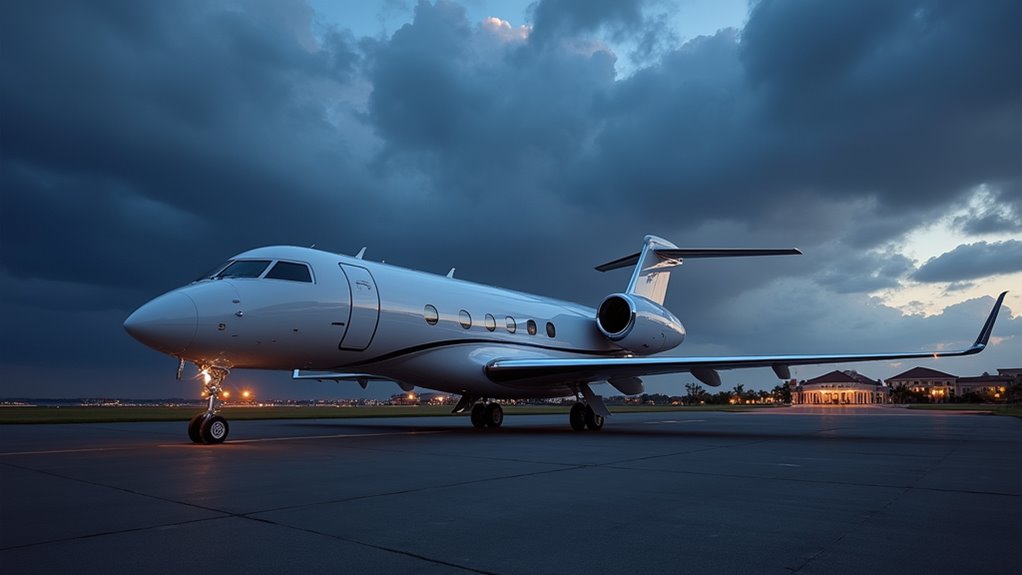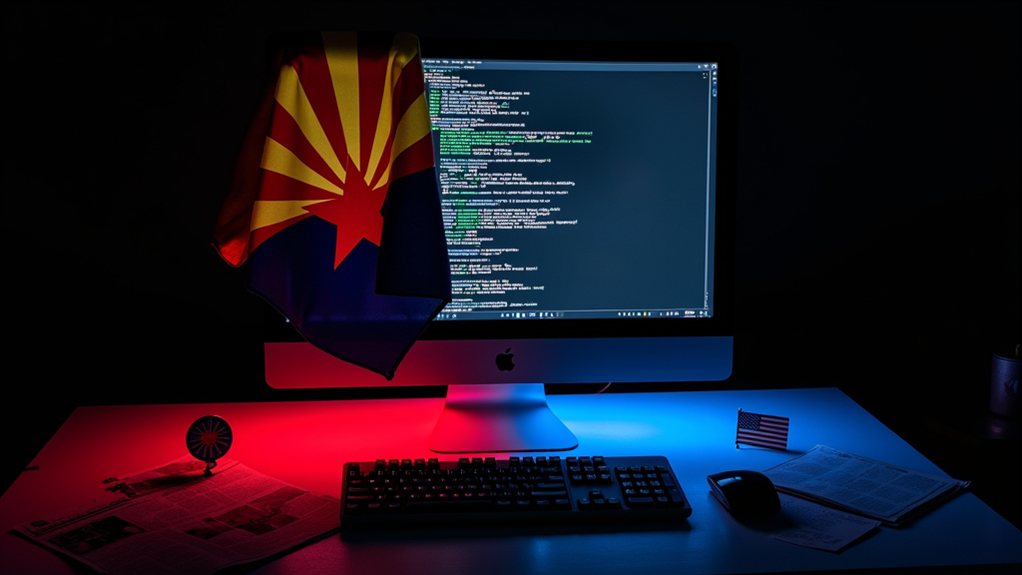Want the inside scoop on Elon Musk’s private jet playbook? Imagine this: over 350 flights in 2024, clocking 881 airborne hours, with a travel itinerary heavy on Palm Beach, D.C., and swing states—subtle, right? Nearly 4,000 metric tons of CO2 later, Musk’s “save the planet” creds face a bumpy ride, even as new FAA rules shield his jet’s trail. Business, power-plays, and the occasional Bond villain vibe—he never takes the Cybertruck. Stick around; it only gets curiouser.
Elon Musk’s sky-high lifestyle isn’t just about launching rockets—it’s also about racking up serious air miles in his private jets. Forget the old image of a billionaire lounging on a yacht; Musk prefers his wings, and in 2024, those jets logged over 350 flights. That’s 881 hours airborne—enough to binge-watch every sci-fi franchise and still have time to circle the globe.
Significantly, this was a dip from 456 flights the year before. Maybe he’s just cutting back, or maybe the calendar’s packed with other earthly commitments. In fact, jet usage remains significant for business and political purposes despite the year-over-year reduction.
Fewer flights this year—whether Musk’s reining it in or just busier on the ground, his schedule is anything but ordinary.
A look at Musk’s destinations reads like a political thriller: 31 flights to Palm Beach International, right by Mar-a-Lago (guess who lives there), and ten jaunts to Washington D.C. Add in swing states like Pennsylvania and Georgia, and it starts looking less like vacation and more like strategy. Since November 2024, over half his trips have touched down in Palm Beach. Coincidence? Sure, and Hogwarts is real too.
But all those miles come at a price—nearly 4,000 metric tons of CO2, to be exact. For context, that’s more than most people emit in a lifetime. The irony isn’t lost on anyone: Musk, the guy pushing electric cars and reusable rockets, is also pumping out emissions at 40,000 feet. Private jets are among the most polluting travel methods, and Musk’s 2024 emissions alone overshadow the carbon footprints of entire neighborhoods. The public isn’t thrilled. Sustainable jet fuel and other eco-fixes get tossed around, but so far, the skies remain mostly business as usual.
Then there’s the intrigue of jet tracking. Thanks to the FAA Reauthorization Act of 2024, it’s now easier for private jet owners to keep their movements hush-hush. The public used to track every takeoff and landing, but privacy is the new black for the ultra-wealthy. Some say it’s about security. Others call it a convenient cloak for backroom deals.
At the end of the day, Musk’s jets are more than status symbols—they’re tools for business, political chess, and, let’s be honest, a little bit of rockstar mystique. Just don’t expect him to trade them for a Tesla Cybertruck anytime soon.









